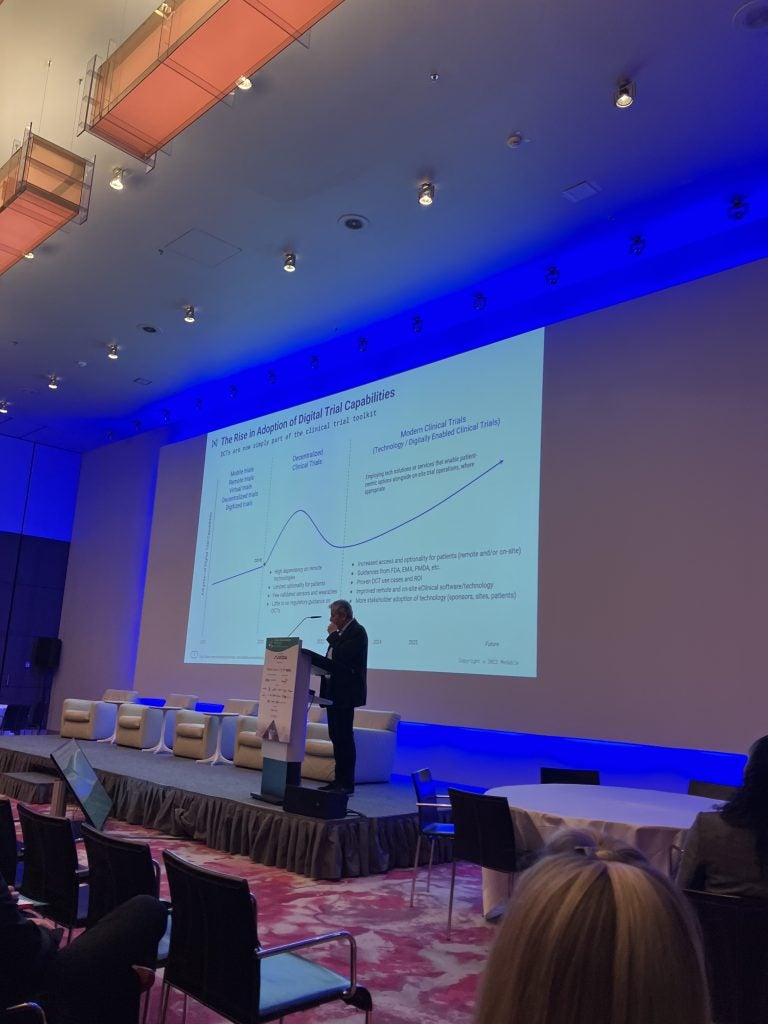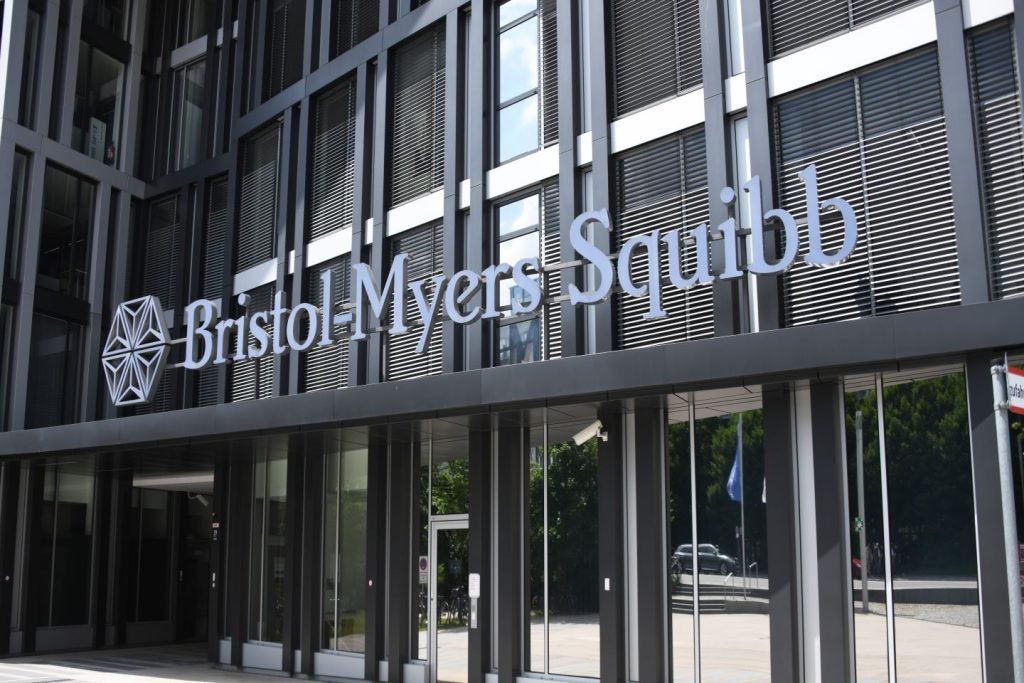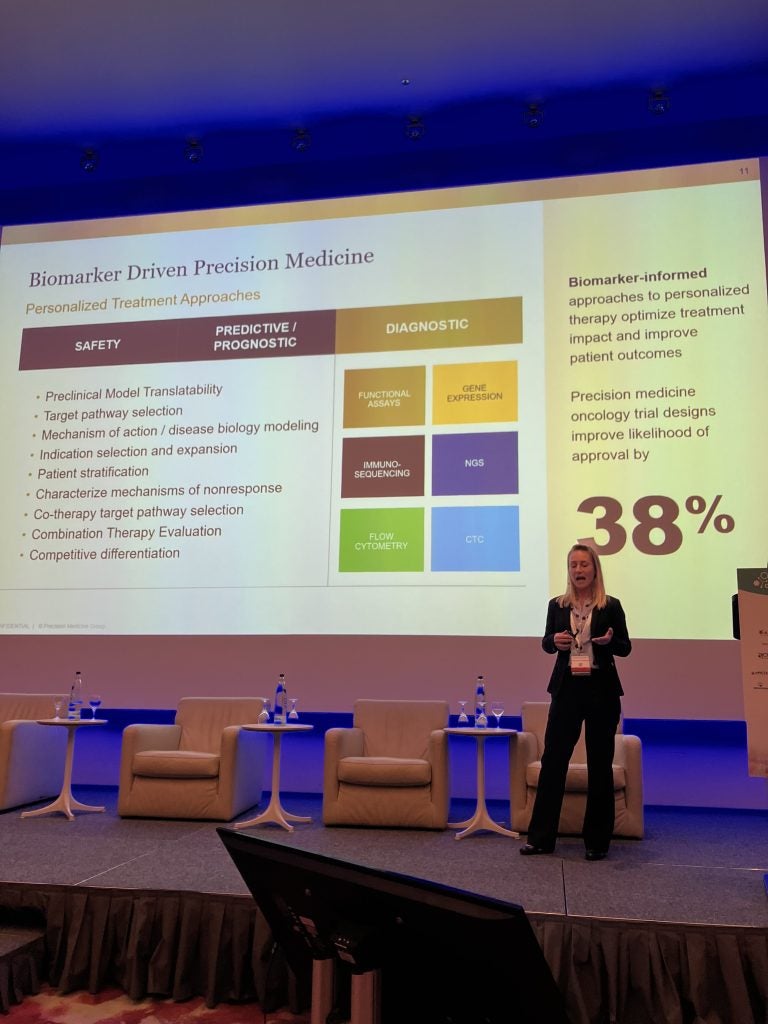Emergent BioSolutions has secured a $75m contract for the acquisition of the FDA-approved anthrax vaccine, Cyfendus.
The contract was awarded by the Biomedical Advanced Research and Development Authority (BARDA), which is part of the Administration for Strategic Preparedness and Response (ASPR) within the US Department of Health and Human Services (HHS).
Cyfendus is an adsorbed form of the anthrax vaccine packaged along with an adjuvant. It was approved for post-exposure prophylaxis use in adults aged 18-65 years by the FDA on 20 July 2023. The two-dose anthrax vaccine is meant to be administered in conjunction with recommended antibacterial drugs by the FDA.
Anthrax is an infectious disease caused by Bacillus anthracis, which occurs naturally in soil. The disease commonly affects domestic and wild animals and people can contract anthrax if they come in contact with infected animals or contaminated animal products.
The FDA approval was supported by the data from the non-clinical studies, a Phase II trial, and a Phase III VELOCITY trial (NCT03877926). The Phase III development and approval for Cyfendus was supported by a multi-year contract from BARDA, as per a 30 September 2016 press release. The contract also included a payment for the delivery of two million doses prior to FDA approval as part of the pre-emergency use authorization (EUA) package.
The current $75m contract option builds on the pre-EUA package, the first doses for which were delivered in 2019. Emergent had previously supplied an earlier version of the anthrax vaccine, BioThrax (AVA), to BARDA as part of a $100m contract, as per an 8 December 2016 press release.
Emergent has several contracts with government agencies for vaccines and therapeutics for infectious diseases. In July 2023, Emergent signed a ten-year contract for the advanced development, manufacturing scale-up, and procurement of Ebanga (ansuvimab-zykl). The monoclonal antibody was approved by the FDA for treating Ebola virus disease. In January, the company was awarded a $379.6m contract by the US Department of Defense (DoD) for the procurement of a reactive skin decontamination lotion kit, Supply RSDL, for the removal of the chemical warfare agent from the skin.
In May, Emergent sold its travel vaccine portfolio, which included vaccines for typhoid fever, cholera, and chikungunya virus, to Bavarian Nordic.
















